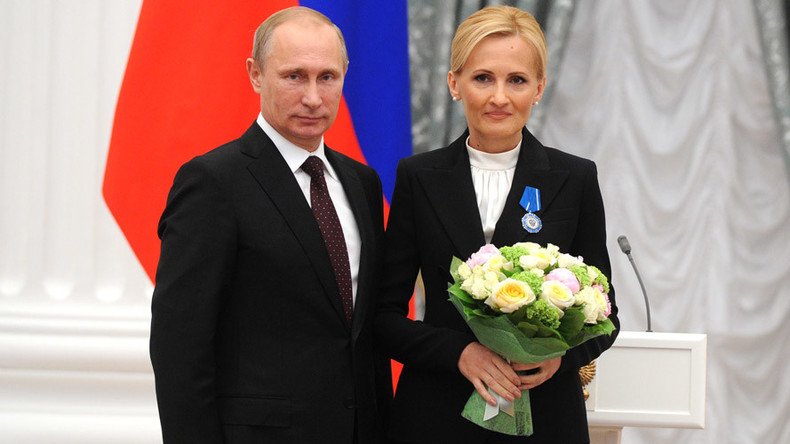Putin signs controversial new anti-terror bill into law

President Vladimir Putin has signed into law a controversial Russian anti-terrorist bill in the face of objections from internet companies and the business community, but has ordered measures to be taken so that the financial risks of the law will be minimal.
The anti-terrorist package of bills was drafted in April 2016 by a group of lower house lawmakers, who described it as a response to the bombing of an A-231 jet liner in Egypt in October 2015 and the terrorist attacks in Paris in November of that year.
The document contains a separate criminal article that orders up to 10 years in prison for anyone engaging in international terrorism, and up to 15 years behind bars for anyone found guilty of financing terrorist groups. Attracting new recruits to a terrorist organization was also criminalized, and will be punished with prison terms of between five and 10 years.
The new bill also lowers the age threshold for terrorist crimes, such as terrorist attacks and hostage taking, to 14 years from the current 16. Presently the age of minors in Russia is 16, with exceptions made for such crimes as murder, rape, kidnapping and several others. For these, criminals are deemed to be responsible from the age of 14.
Another provision stipulates fines of between 300,000 and 1 million rubles ($4,600 - $15,400) or prison terms ranging from five to seven years for public calls to terrorism or justifying terrorist crimes, including via the internet.
Many aspects of the document sparked broad public discussion, and some of its initial provisions were removed during hearings in the State Duma. However, the most controversial part of the bill remained – the obligation for communication companies, including internet providers, to keep information about their clients’ data traffic for three years (one year for messengers and social networks) and also to keep actual records of phone calls, messages and transferred files for six months.
READ MORE: Duma gives final nod to new anti-terrorist bill, removes most controversial points
The bill also requires communications companies to hand over encryption keys to state security agencies on demand, allowing them to read encrypted data. Non-compliance could cost companies between 800,000 and 1 million rubles ($12,300 – $15,400) in fines.
The bill has caused protests from Russian businesses as well as pro-business politicians and the mass media. The four biggest Russian cellular providers addressed lawmakers with an open letter saying that complying with new demands would cost them about 2.2 trillion roubles (about $34 billion) without any compensation from the state. The businesses also warned in their letter that if they follow all the rules listed in the bill, they would have to greatly increase their tariffs.
READ MORE: South Russian region drafts bill on denaturalization of terrorists
Earlier this week Russian business ombudsman Boris Titov asked the president not to sign the bill. “According to experts’ estimations the complex of solutions does not correspond to its declared objective and besides, collecting, recording and processing of the data contains potential risks of huge leaks hurting civil servants, entrepreneurs and other Russian citizens,” Titov wrote in his letter.
As a result of these objections, together with the anti-terrorist amendments the president signed a decree ordering the government to develop and implement measures that would minimize the risks to the business community.












